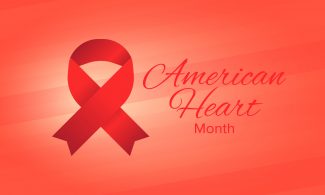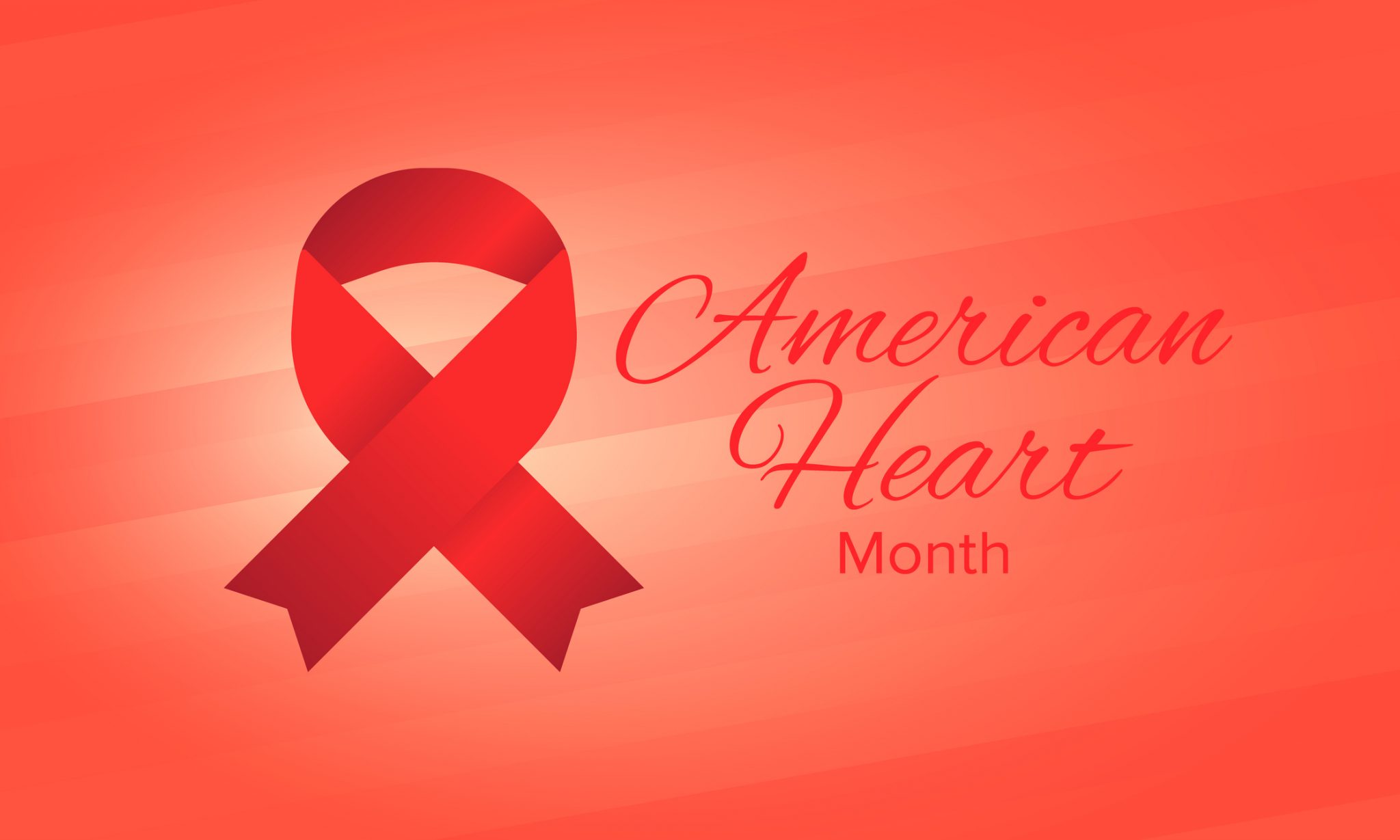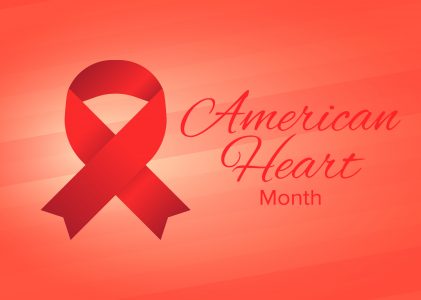
February is American Heart Month, a month dedicated to raising awareness of heart disease, the leading cause of death in the United States for men, women, and people of most ethnic and racial groups. Every 36 seconds, someone in the U.S. dies from cardiovascular disease. It is important to know your risk factors, and what you can do to prevent heart disease, also called the silent killer.
Signs of high blood pressure which put you at an increased risk for stroke, heart failure and heart disease may show no symptoms. Set an example for the people around you and join #OurHearts in Action, together you can encourage and motivate others to practice heart healthy habits.
Creating a personal network sets you up for success in continuing to eat healthy, lose weight, get physical activity, and reduce stress. The Centers for Disease Control and Prevention, CDC, offers many resources to help people learn How to Quit Smoking, including social media support, apps and how to make a plan to quit.
Know the Warning Signs of a Heart Attack
Early action is critical when suspecting a heart attack, also called a myocardial infarction and happens when part of the heart does not get enough blood. The more time that passes when the heart does not get enough blood, the more damage that occurs to the heart. The most common symptoms of a heart attack include:
- Chest pain or discomfort – pain or discomfort can feel like pressure, fullness, or squeezing and often occurs in the center or on the left side of the chest. It can last for a few minutes and then go away and come back.
- Shortness of breath – you may have shortness of breath along with chest pain, or prior to any chest discomfort.
- Feeling faint and lightheaded – you may feel faint, lightheaded, weak or break out in a cold sweat.
- Pain or discomfort in one or both of your arms or shoulders.
- Pain or discomfort in your jaw, back or neck.
Women are more likely than men to experience feelings of unexplained tiredness, nauseousness, vomiting or heart attack symptoms unrelated to chest pain.
You should call 9-1-1 immediately if you experience any symptoms of a heart attack. It is important to get treatment immediately to reduce the amount of damage done to the heart muscle. In some cases, an electrical shock through defibrillation or cardiopulmonary resuscitation (CPR) is required to treat a heart attack. The chances of surviving a heart attack are much better with early emergency medical treatment.
Heart Attack Risk Factors
There are several health conditions as well as your family history, your age and your lifestyle that can increase your risk for heart disease and heart attack. It is estimated that about half of all people in the United States have at least one of the three key risk factors for heart disease:
- High cholesterol
- High blood pressure
- Smoking
Other lifestyle choices and medical conditions also put people at a higher risk for heart disease such as:
- Physical inactivity
- Overweight or obesity
- Diabetes
- Excessive alcohol use
- Unhealthy diet
Many risk factors are within our control by making simple healthy lifestyle choices.
Heart Healthy Lifestyle Choices
There are a lot of things that you can do to protect your heart and prevent heart disease, the leading cause of death for men and women in the United States. Healthy living involves making choices that reduce your risk of getting heart disease such as the most common type, coronary heart disease. Coronary heart disease and other risk factors can cause a heart attack, but you can make simple choices to reduce your risk.
Learn more about Heart Healthy Living with many resources and tips to improve your heart health. Some of the most important things that you can do to maintain heart health include:
- Understand your risk
- Choose heart healthy foods
- Get regular physical activity
- Maintain a healthy weight
- Get enough quality sleep
- Quit smoking
- Manage stress
Greater Waterbury Imaging Center, GWIC, encourages you to make heart healthy choices to prevent your risk of developing heart disease. We offer cardiac MRI services used to diagnose, monitor, and evaluate certain cardiac conditions. Continue to take care of your heart and contact us for all your medical imaging needs.


